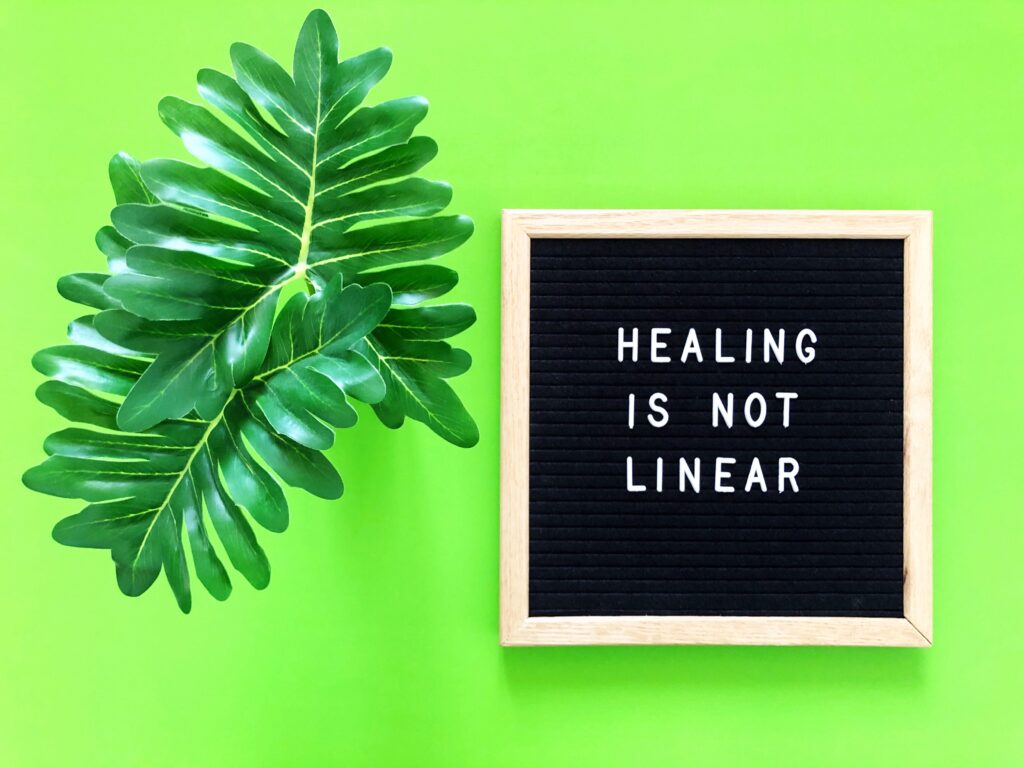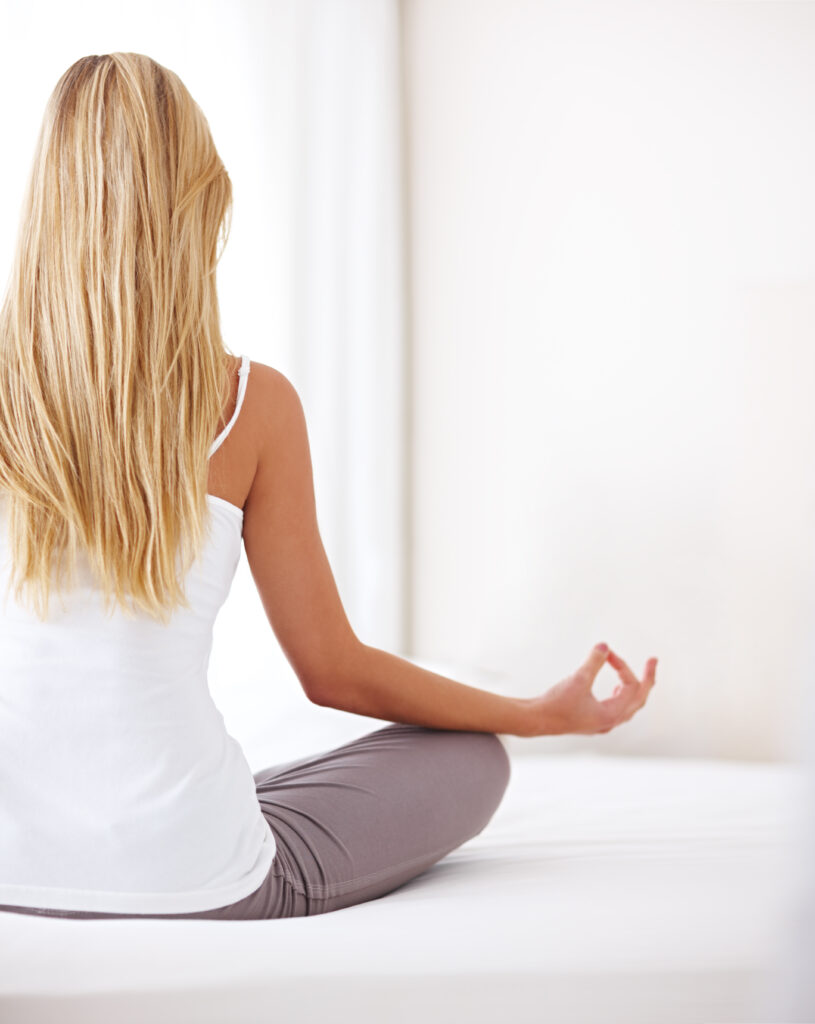
Holistic treatments in mental health care take a broader approach to well-being, focusing on the mind, body, and spirit. Unlike traditional methods that mainly treat symptoms, holistic practices aim to find and address root causes. This guide will explore various holistic treatments, including nutrition, mindfulness, physical activities, and alternative therapies, to help you create a balanced mental health plan.

Holistic mental health looks at the whole person, not just the symptoms. It combines physical, mental, and emotional well-being. This approach includes various methods like nutrition, exercise, and mindfulness to help people feel better overall.
Traditional mental health care often focuses on diagnosing and treating symptoms with medication and therapy. In contrast, holistic care is more about balancing success and well-being. It looks at lifestyle, relationships, and personal values. While traditional methods are important, especially for severe cases, holistic approaches offer a more rounded path to long-term wellness.
Holistic mental health care is about seeing the bigger picture. It’s not just about fixing problems but creating a balanced and fulfilling life.

Nutrition’s role in mental health is gaining more attention. Various research studies highlight the connection between what we eat and mental health conditions like depression and anxiety. Nutritional psychiatry explores how diet impacts our mood and mental well-being. Eating a balanced diet rich in essential nutrients can help improve brain function and emotional stability.
Certain nutrients are crucial for maintaining good mental health. These include:
Creating a balanced diet for mental health involves:
A balanced diet not only supports physical health but also promotes mental clarity and emotional stability. By focusing on nutrition, we can take a holistic approach to improving our mental well-being.

Mindfulness helps you stay in the present moment, reducing stress and anxiety. It can improve focus and emotional regulation. Practicing mindfulness regularly can lead to better mental clarity and overall well-being.
Practicing self-care and getting the tools you need to protect your health is essential. Ask yourself what you need and follow through on the honest answer.

Exercise plays a key role in improving mental well-being. Engaging in regular physical activity releases endorphins, which are neurotransmitters that promote feelings of happiness and reduce stress levels. Exercise can reduce feelings of depression and stress, enhance your mood and overall emotional well-being, increase your energy level, and improve sleep. Additionally, exercise increases blood flow to the brain, enhancing cognitive function and boosting mood. Participating in group exercise classes or team sports can also provide a sense of community and social connection, further enhancing mental well-being.
Different types of physical activities can benefit mental health in various ways. Here are some examples:
Creating a sustainable exercise routine is essential for long-term mental health benefits. Here are some tips to help you get started:
Remember, the key to success with these practices is consistency, not complexity. Small, consistent steps lead to sustainable habits. Embrace gradual improvement and be patient with yourself.

Acupuncture involves inserting thin needles into specific points on the body to promote energy flow and restore balance. This ancient practice can help reduce anxiety, alleviate depression, and improve sleep quality. Traditional Chinese Medicine (TCM) also includes herbal remedies and exercises like Tai Chi, which aim to balance the body’s energy systems.
Yoga combines physical postures, breathing exercises, and meditation to enhance mindfulness and reduce stress. Movement therapies, such as dance or tai chi, offer improved emotional well-being by providing outlets for emotional expression and physical activity.
Aromatherapy uses essential oils from plants to create a calming atmosphere. Inhaling these scents or applying them topically can lead to relaxation, stress reduction, and a better mood. Herbal remedies, like chamomile tea or lavender oil, are also used to support mental health naturally.
Exploring alternative therapies can provide a more holistic and personalized approach to mental health care, addressing both the mind and body.

Fostering mental health inclusion is crucial for overall well-being. Social connections provide emotional support, reduce feelings of isolation, and enhance our sense of belonging. Regularly reaching out to friends and family, even with a quick call or message, can make a significant difference. Joining clubs or groups that align with your interests offers opportunities to meet like-minded individuals and build meaningful relationships.
Support groups and communities play a vital role in mental health recovery. They offer a safe space to share experiences, gain insights, and receive encouragement from others who understand your journey. Look for local or online support groups that focus on specific mental health issues or holistic practices. Participating in these groups can help you feel less alone and more empowered.
Volunteering is a rewarding way to build connections and give back to the community. It provides a sense of purpose and fulfillment, which can positively impact your mental health. Consider volunteering at local organizations, schools, or community centers. Not only will you be helping others, but you’ll also be fostering a supportive network for yourself.
Building a supportive community is about creating connections that uplift and sustain us. By fostering mental health inclusion, joining support groups, and volunteering, we can enhance our mental well-being and create a more connected world.

To start, it’s important to understand your own body, emotions, and lifestyle. Holistic medicine takes into account the whole person – mind, body, and spirit – rather than just treating symptoms. This means you need to reflect on what areas of your life need the most attention. Are you struggling with stress, anxiety, or perhaps a lack of energy? Identifying these needs will help you choose the right holistic practices.
Holistic mental health practices are often most effective when used alongside traditional treatments. It’s crucial to work with healthcare professionals to ensure that holistic practices complement and do not interfere with conventional treatments. This might involve coordinating with doctors, therapists, and holistic practitioners to create an integrated care plan.
Once you’ve started incorporating holistic practices into your routine, it’s important to track your progress. Keep a journal or use an app to note any changes in your mood, energy levels, and overall well-being. This will help you see what’s working and what might need adjustment. Remember, personalizing your holistic mental health plan is an ongoing process that requires regular reflection and adaptation.
Exploring holistic treatments for mental health opens up a world of new possibilities. These approaches focus on the whole person, not just the symptoms, and can include practices like mindfulness, yoga, and nutritional changes. By combining these with traditional treatments, individuals can find a balanced path to wellness. Whether you’re in Brookfield, CT, or anywhere else, there are many resources and professionals ready to help you on your journey. Embracing holistic methods can lead to better mental health and a more fulfilling life. Start your journey today and discover the benefits of a comprehensive approach to mental well-being.
Holistic treatments in mental health care focus on the whole person, including their physical, emotional, and spiritual well-being. These treatments often include nutrition, exercise, mindfulness, and alternative therapies like acupuncture or yoga.
Nutrition plays a big role in mental health. Eating a balanced diet with essential nutrients can improve mood and overall well-being. Certain foods can help reduce symptoms of depression and anxiety.
Mindfulness and meditation can help reduce stress, improve focus, and boost emotional health. These practices encourage you to live in the moment and can be easily added to your daily routine.
Exercise is great for mental health as it releases endorphins that make you feel good. Regular physical activity can reduce symptoms of depression and anxiety and improve overall mood.
Alternative therapies for mental health include acupuncture, yoga, aromatherapy, and herbal remedies. These therapies can complement traditional treatments and offer additional ways to manage symptoms.
Having a supportive community helps you feel connected and understood. Joining support groups or community activities can provide emotional support and improve your mental well-being.
